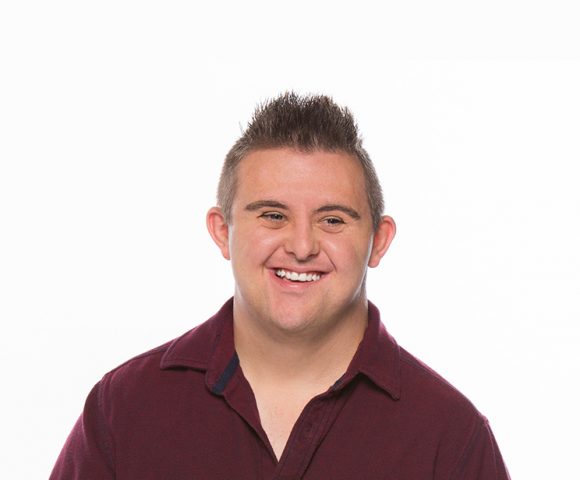
Sean McElwee talks about his Transition to Work
Sean McElwee is 23 years old and happens to have Down syndrome. Sean is an entrepreneur and works multiple jobs, all of which he enjoys. Sean encourages others to never give up on their dreams. Living in his own apartment with supported living staff facilitating his independence, Sean loves making his own decisions and eating
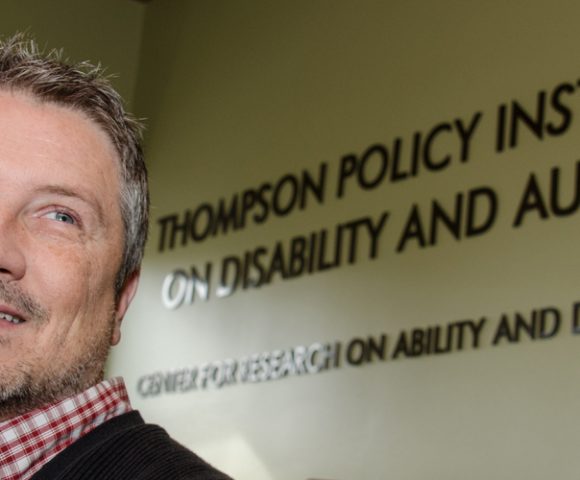
Accommodations for Students with Disabilities in Higher Education
As the Director of Disability Services at Chapman University, I see many students requesting accommodations at the beginning of their higher education experience. They are coming from high schools with IEPs or 504 plans. These plans assist students to be successful in the high school environment because of some type of disability. What I do
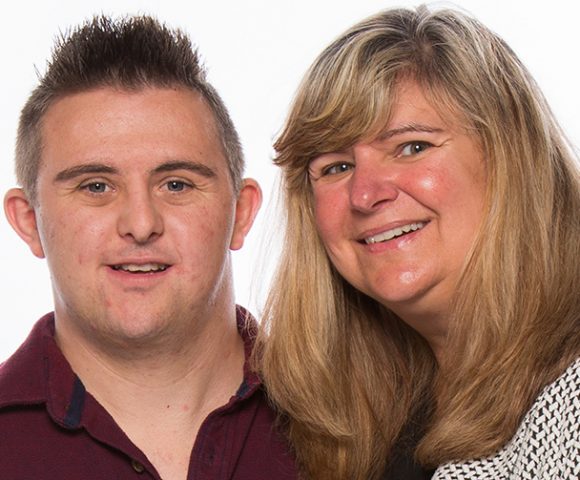
Interview on Accessibility with the McElwee's
Sean McElwee is 23 years old and happens to have Down syndrome. Sean thrived in inclusion in primary school and survived exclusion in secondary school. He is an entrepreneur, creating t-shirts with his funny sayings that can be seen at seanese.com. He also works at a trampoline park and enjoys public speaking, encouraging his audiences
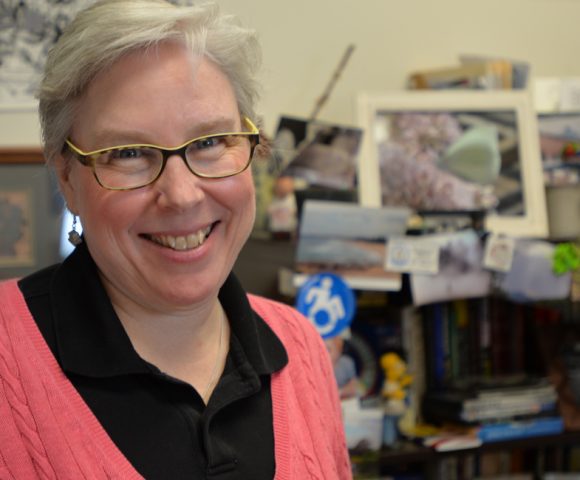
A Wish for Authentic Disability Representation on Television to Continue
We are in vibrant “new” world of authentic disability representation on television, with shows like Switched at Birth, Speechless, Little People, Big World, and Born This Way. However, is this authentic representation so new? In the 1980s, several scholars evaluated authentic disability representation on television when disabled actors appeared on screen, looking at their
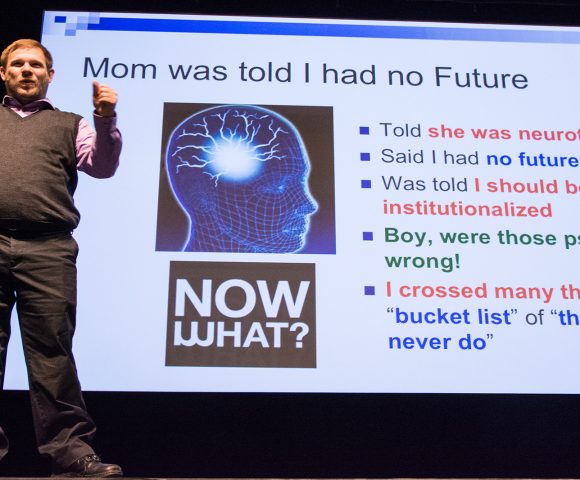
Pushing societal limits
Just prior to Chapman University’s commencement ceremony, the Thompson Policy Institute of Disability and Autism hosted the 2nd annual DisAbility Summit at the Musco Center for the Arts. The exciting event featured the Thompson Policy Institute (TPI)’s cutting-edge research on critical issues in the area of disability and autism. Keynote speaker Stephen Hinkle addressed the community
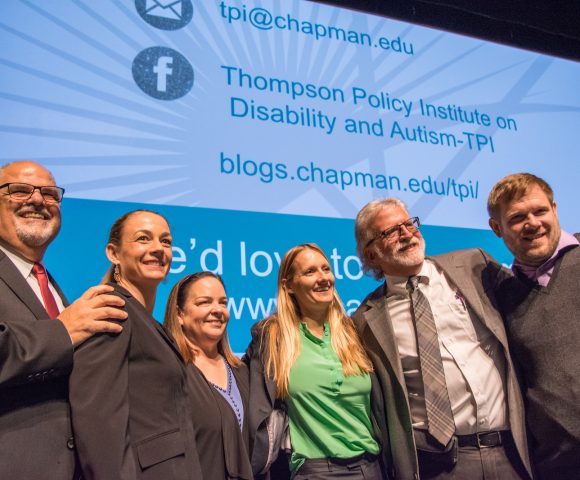
Thompson Policy Institute 2nd Annual DisAbility Summit
On Tuesday, May 2nd, the Thompson Policy Institute held its 2nd Annual DisAbility Summit. At the Summit, a group of like-minded individuals gathered together for a morning of research, and the celebration of local dedicated professionals who were honored for the excellent work they have done in the field of disability. The Summit provided groundbreaking
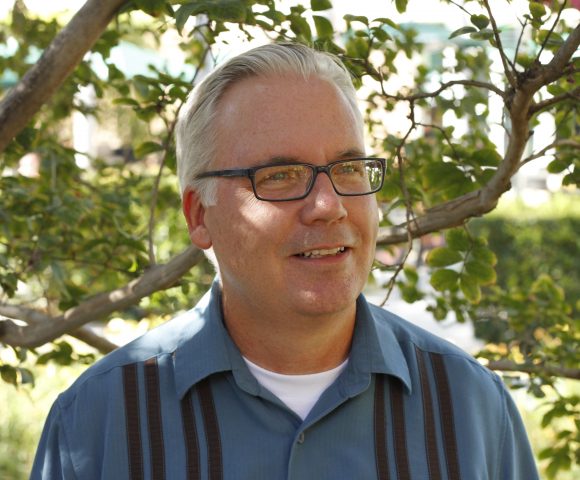
Interview with Professor and Assistant Dean of Research, Scot Danforth, Ph.D.
Scot Danforth, Professor and Assistant Dean of Research in the College of Educational Studies at Chapman University, is a well-known scholar working in the fields of disability studies in education, and inclusive education. He is author or editor of over seventy publications, including ten books. His scholarship examines political and ethical issues involving disabled young

Interview with Professor and Assistant Dean of Research, Scot Danforth, Ph.D.
Scot Danforth, Professor and Assistant Dean of Research in the College of Educational Studies at Chapman University, is a well-known scholar working in the fields of disability studies in education, and inclusive education. He is author or editor of over seventy publications, including ten books. His scholarship examines political and ethical issues involving disabled young
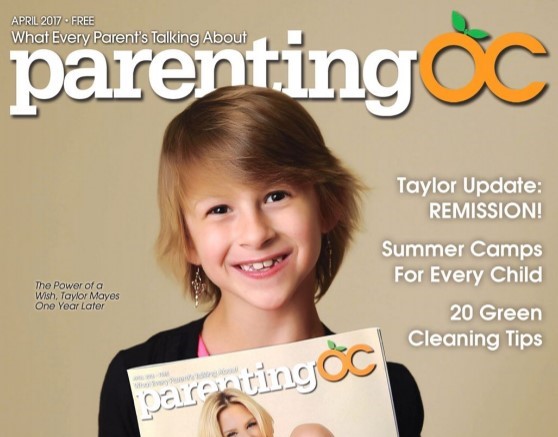
Family Resiliency, Supporting Autism and ND Disorders
Raising a child with a disability brings a unique set of joys and challenges for a family – increased struggles with daily routines, finances, and navigating the maze of doctors and support services. This can be complicated by decreases in the amount of time parents spend engaged in the community, with friends or as a
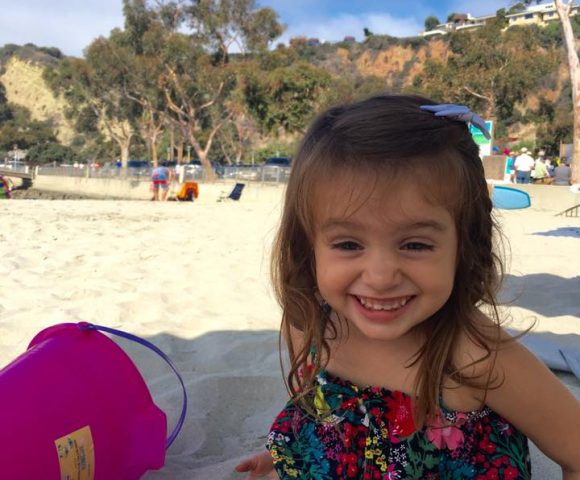
Disability Studies & Early Childhood Education
Welcome to the last part of our three part series on UDL in Early Childhood Education (ECE). In part one, we shared the importance of inclusion and introduced our topic with essential questions we must ask as we begin to understand UDL in ECE. Part two of the series discussed the history and evolution of UDL.